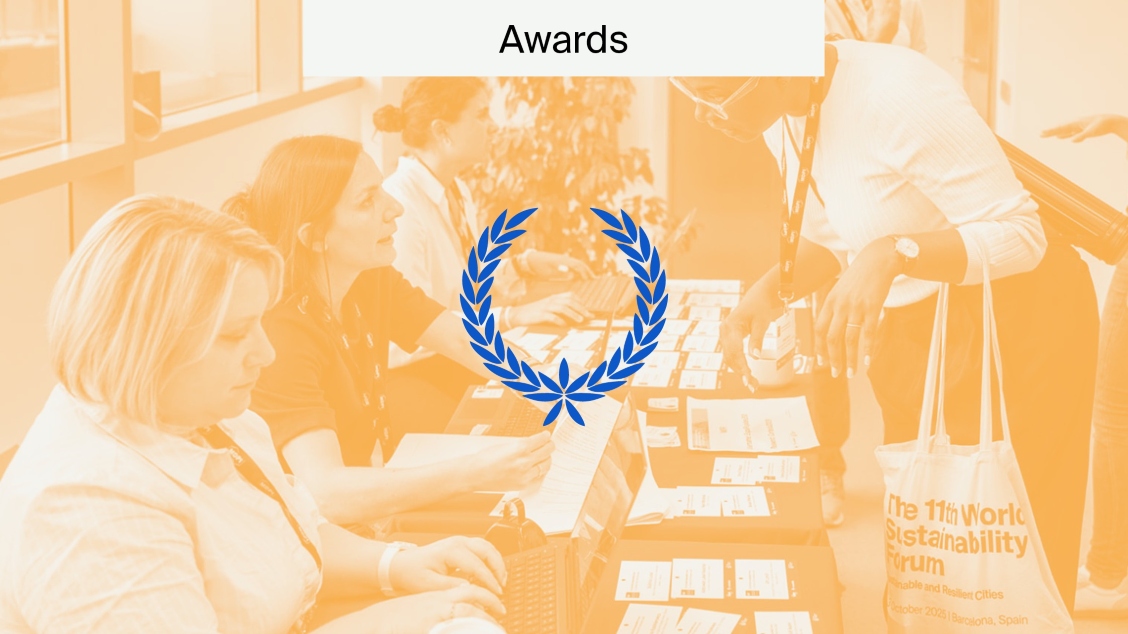
Research Integrity Team: New Staff, Journal Support, Industry News
In the Research Integrity quarterly updates, we share key insights from MDPI’s team and introduce the newest team members, highlight developments from within MDPI that strengthen our procedures and share the latest news shaping research integrity.
Research Integrity team updates
The crisis of trust in scientific publishing stems from recent high-profile retractions, fraudulent studies, and the rise of papermills. Concurrently, the emergence of artificial intelligence tools that can be used to generate fake data and text has further eroded confidence in research integrity. As a result, scientists and the public increasingly question the reliability of published findings, threatening the credibility of scientific publishing.
To address these issues, MDPI has been investing in developing and expanding its Research Integrity team.
Meet the new team members
Renato Merki joined the team in January 2025 as Publication Ethics Assistant. Renato earned a Master’s in Neuroscience from the University of Zurich, specializing in sleep research. He then spent several years at Frontiers, overseeing the review process of several neuroscientific journals and training new staff.
Despoina Kokona joined the team in February as Publication Ethics Assistant. Despoina earned her PhD in Retinal Pharmacology in 2015 from the School of Medicine at the University of Crete. She spent four years as a postdoctoral fellow in the Ophthalmology Clinic at University Hospital Bern, followed by another four years as a research associate in ocular immunology. With over 20 peer-reviewed publications, her expertise is well-established.
Daisy Fenton joined the team in March as a Research Integrity Specialist. Daisy graduated with a BA (Hons) in Linguistics from the University of Manchester in 2018 and joined MDPI in March 2020 as an English Editor. During her time in the English Editing Department, she progressed to Group Leader, before being appointed as Section Leader in January 2023, where she oversaw the development of over 100 in-house editors across six offices.
Tom Hewat joined the team in March as Research Integrity Specialist. Tom earned his PhD from the University of Exeter, studying the genomics of a rare pancreatic disease. He then spent time working as a postdoctoral scholar at KU Leuven before joining MDPI’s Manchester office in January of 2024. Since joining MDPI, he has worked as an Assistant Editor for the Journal of Clinical Medicine (JCM) and as a Section Managing Editor for JCM and Transplantology, before transferring to the Research Integrity team in March 2025.
Discussing publication ethics with Editorial Board members
MDPI’s Research Integrity team works closely with journals to find ways to prevent research integrity breaches. Editorial boards are a key pillar of the peer-review process and actively support journals to prevent such breaches.
Keeping the Editorial Board members informed on any challenges that have been faced, policy updates, and procedures ensures a productive and fruitful collaboration.

Anna Pena and Ivana Resanović meet with Editorial Board members.
Anna Pena and Ivana Resanović travelled to meet with Editorial Board members at MDPI’s Toronto and Serbia Salons, respectively. MDPI Salons bring together local Editorial Board members to engage in discussions on Open Access research and the future of academic publishing. Anna and Ivana presented the current challenges within the context of research integrity and publication ethics, focusing on global trends, MDPI’s policies and the role of academic editors in upholding best practices.
“This year, the team is planning to continue with such external outreach to share our knowledge and connect directly with scholars who are our crucial assets in ensuring that we publish high-quality and ethical research.”- Anna Pena, Research Integrity Manager
MDPI updates to strengthen research integrity and publication ethics
In recent years, the main reason for retractions is attributed to scientific misconduct. This coincides with the rise of AI tools, used to fabricate or manipulate data, images or text.
To safeguard academic integrity, the Research Integrity team has prioritized preventative strategies. The main focus is developing tools to detect scientific misconduct, testing externally available tools and working closely with other publishers to share experiences and strengthen processes.
The Research Integrity team has piloted both externally available and internally developed tools to screen for manipulated images and other indicators of research misconduct. These tools were partially integrated into the workflow and have already shown promising results. Further testing combined with human validation of the findings will continue to gather more data and ensure the reliability of the results.
MDPI’s pre-screening procedures will continue to rely on both manual and automated checks. We strongly believe that AI tools will aid our journal editorial staff, but human oversight and authentication should remain a priority.
As these challenges are not unique to MDPI and affect the whole publishing industry, MDPI has joined the STM Integrity Hub initiative. Ivana is representing MDPI as a member of the Image Integrity working group section of this initiative. As part of this group, Ivana meets with members from several publishers to discuss image manipulation detection tools, standards and guidelines on what types of image alterations are acceptable or not.
Industry updates
Staying informed about key developments in publication ethics is essential. This quarter, there have been significant discussions around author fees and waivers and authorship concerns as the global political landscape has changed.
This section highlights the most impactful policy changes and best practices shaping the publishing world in Q1 2025.
Changes coming to author fees and waivers
In February, the Committee on Publication Ethics (COPE) published a new guideline that advises publishers on how to remove the conflicts and ethical concerns surrounding author fees and waivers.
This guideline calls for publishers to ensure they have transparent and clear policies regarding the disclosure, application and administering of author fees. The information provided by the journal should include details regarding:
- Types of payment and amount
- When and how the authors should pay
- How to claim waivers or refunds
- What the authors are paying for
Additionally, the allocation of waivers and discounts should be transparent and journals must take measures to decouple editorial decisions from financial aspects.
This guideline stresses the risks of prioritizing fee-paying authors or providing waivers or discounts unfairly. These practices create bias and may impact the quality of the editorial process if left unaddressed.
Addressing global politics and concerns
The political changes within the United States have also led to concerns within scholarly publishing. Many publishers have received requests to withdraw papers, withdraw authorship or anonymize names of authors because of restrictions imposed on the usage of specific terms, collaborations or activities.
In February, COPE published a position statement highlighting their belief that authors and academic editors are best suited to determining the appropriate terminology and how research should be communicated. COPE’s pre-existing guidelines and position statements remain applicable and should continue to be used as a basis for decisions. Editors should continue to uphold their editorial standards and policies that support academic freedom and editorial independence.
The International Committee of Medical Journal Editors (ICMJE) has also published a guidance notice specifically to address requests for changes in authorship. This notice clarifies circumstances and procedures under which authors can be removed or manuscripts withdrawn during the peer review process.
MDPI and the Research Integrity team will continue to monitor and ensure that our procedures and guidelines follow the best publication practices. Any changes in our policies will be published on our Research and Publication Ethics page.










